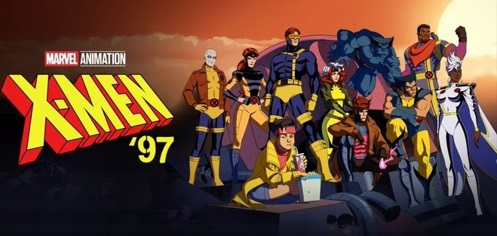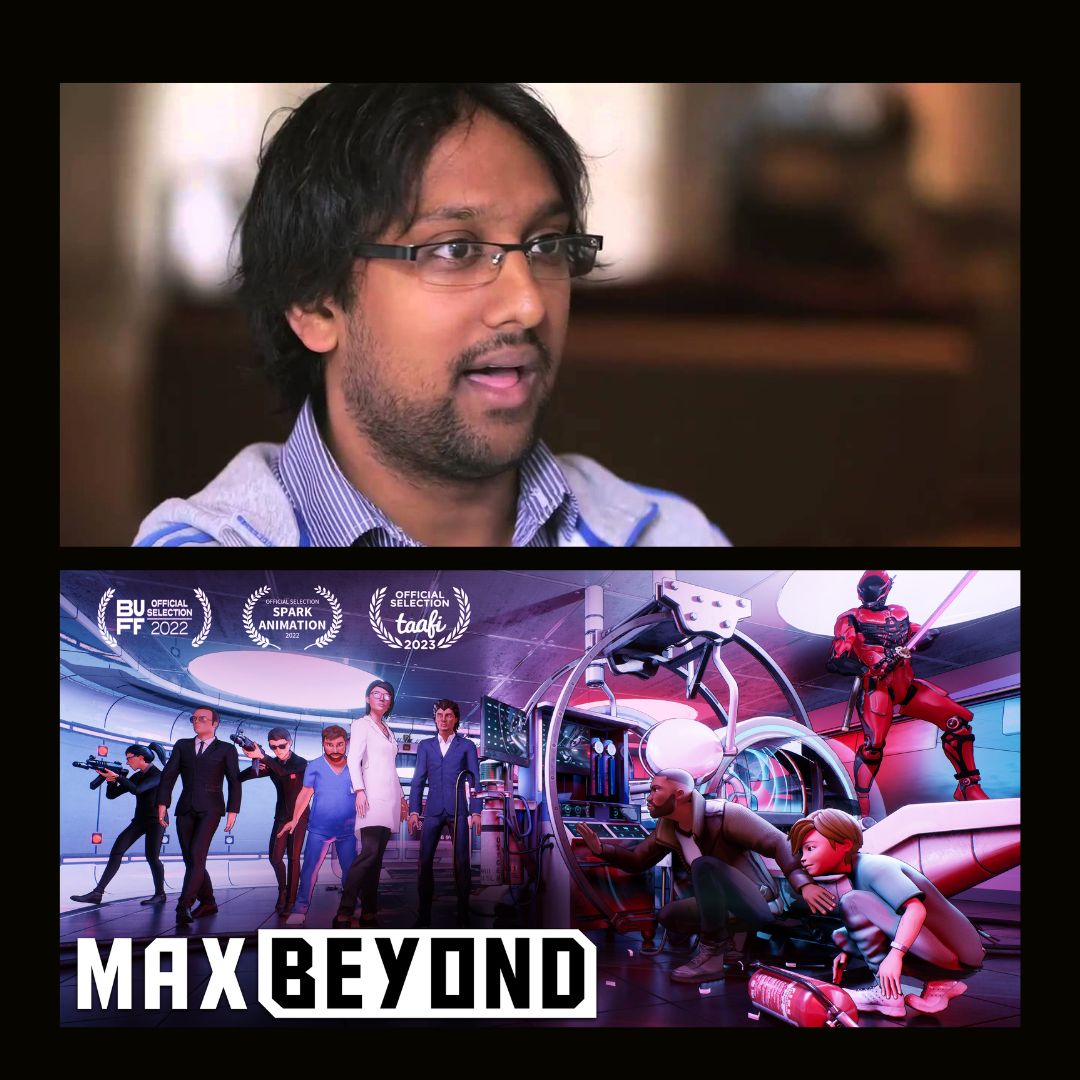English Dub Review: Mr. Tonegawa: Middle Management Blues “Set Sail”
The winds of change are blowing.
Overview
Tonegawa and his team are all set to launch the first round of their Restricted Rock. Paper, Scissors death game, but they are first waylaid by yet another whim of President Hyōdō. This week, he has become obsessed with personality quizzes and Tonegawa must take one to the president’s liking before he can even broach the launch of the game that evening. He does so, but not without the President getting a few wrongheaded ideas about Tonegawa. Afterward, Tonegawa gives a perfectly intimidating pre-gambling speech to the debtors to energize them into playing seriously. The first round is a success, so much so that Hyōdō wants another in only three days. All goes according to plan, but Tonegawa loses his voice, forcing Yamazaki to make the intimidating speech, to mixed results.
Our Take
It seems that Mr. Tonegawa might finally be trying to say something. This episode is once again bisected into two distinct adventures. The first is President Hyōdō and the personality quizzes, and the second is Yamazaki’s speech. Each one of these speaks to half of the dichotomy that I outlined last week. In the opening adventure, Tonegawa is dealing with his surrogate father, President Hyōdō, who is a stand-in for Japan’s aging population, and in the latter half, he deals with instructing the younger generation, represented by Yamazaki, on what is truly important. One thing I’ve started to think about ever since midseason was what Mr. Tonegawa is trying to say about Japanese society.
I had begun to notice that the President Hyōdō-centric adventures usually end poorly for Tonegawa, and the black suit-based ones usually have a hopeful note somewhere in the mix. This episode was no exception. Mr. Tonegawa sees the aging Japanese generation as superfluous, cruel and capricious, but this is something that can’t be stated directly. In a society that makes age-based seniority a cornerstone of social life, Mr. Tonegawa presents a counter-narrative. I’m not sure how pervasive this take is in current Japanese media, but I can only imagine it beginning to take hold as Japan’s elderly population skyrockets and leaves it’s middle-aged and younger citizens to care for them. This leads me to wonder if there will ever be a confrontation between Tonegawa and Hyōdō for control of Teiai, which now seems to be standing in for Japan itself.
On the flipside, Mr. Tonegawa isn’t a totally radical show. While the youthful adventures Tonegawa has with the black suits usually end better, the show takes great pains to separate Tonegawa from his subordinates. While they can have great ideas (usually Simon’s), they are ultimately unsure of how to comport themselves in a professional setting. Here is Tonegawa’s place, as the shepherd of both generations, ushering one into adulthood, and facilitating another’s twilight years.
This is what makes Tonegawa’s two main black suits so interesting to watch. Simon will eventually be the new face of Japan: wild fashion, fast and new ideas. But he isn’t ready yet. Yamazaki, by contrast, has risen to become Tonegawa’s number two by his adherence to tradition and willingness to wait his turn. While he doesn’t have Simon’s raw talent, his respect will make sure he stays in the conversation come promotion time.
In this episode, we actually see what Yamazaki would look like after he’s promoted. He dresses in a slightly lighter suit than Tonegawa wears but styles his hair just like him. He looks for all the world like a kid wearing his father’s clothes. Meanwhile, he similarly can’t effectively intimidate the debtors. He doesn’t have the grit. What he does have, however, is the ability to inspire. It’s a no less important skill but is certainly less valued in a cutthroat world like Teiai. Hyōdō would never approve of his methods, but Yamazaki does get a good game out of the debtors on the second night.
This signals a new way forward for the next generation of Teiai executives. They’re more interested in their personal lives (here represented by bowling, mostly) and they’re not as interested in the hierarchical structure of the organization, mostly preferring to work together to achieve a stated goal. Tonegawa doesn’t try to interrogate where this comes from, though the answer is likely globalism, they don’t need to. Mr. Tonegawa the allegory has made for a much more interesting show, just as Mr. Tonegawa the show has also stepped up its game. We’re focusing on a side character next episode, and I can’t believe I’m saying this, but I will miss Team Tonegawa in our week away.



























Hi Ashley, thank you so much for reading and we love the feedback. Note that on that day we had 14th posts go up and only ten posts show on the front page, so it's possible the preview had already been archived by the time you got to it. One recommendation would be to add our RSS feed to your favorite news aggregator service like Feedly, this way you get all of the latest posts!